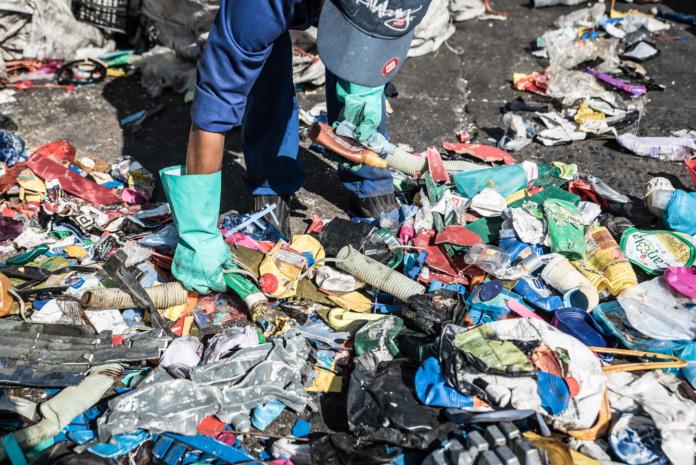John Wesley Hyatt invented the world’s first synthetic polymer in 1869 after he took up the challenge to develop a substitute for ivory. At the time, the growing popularity of billiards had put a strain on the supply of natural ivory, which was obtained through the slaughter of wild elephants. By treating cellulose derived from cotton with camphor, Hyatt discovered a plastic that could be crafted into a variety of shapes and imitate natural substances like tortoiseshell, horn, linen, and ivory.
Hyatt’s work was taken further by Leo Baekeland who invented Bakelite in 1907 – the first fully synthetic plastic, when he was searching for a synthetic substitute for shellac, a natural electrical insulator, to meet the needs of the rapidly electrifying United States. Containing no molecules found in nature, Bakelite was an excellent insulator, durable, heat resistant and ideally suited for mechanical mass production. Marketed as “the material of a thousand uses,” Bakelite could be shaped or moulded into almost anything and provided endless possibilities.
Since its earliest days, plastics have been used to protect nature and help humans. Today, it continues to be one of the world’s most widely-used materials. Scientifically advanced, lightweight and “cheap”, plastics suit a broad spectrum of uses. Unfortunately, this mass production and widespread use have brought with it the challenge of dealing with the plastic products that have reached their end of life. In South Africa and around the world, far too much plastics still end up in landfills, or worse still – in the environment or the oceans.
Globally, the plastics industry is tirelessly working to raise awareness about the versatility and use of plastics, but even more importantly – the need to recycle plastics. Doing so, help manufacturers use less natural resources and energy, reduce CO2 emissions, create jobs and help support a myriad of different industries and people.
Despite experiencing difficult political and socio-economic conditions, South Africa continued to grow plastics recycling in 2019. The increase might appear small, but this report will bear testimony to the fact that there have been a significant increases in the awareness and importance of recycling in society, as well as in the political will to put the necessary infrastructure in place to make recycling possible for as many South Africans as possible.
From Plastics|SA’s side, we wish to thank every person who has helped to grow and support plastics recycling this past year. We salute the army of individual eco-warriors who are heeding the call to make a difference in their own homes, schools, businesses or communities as well as the big brand owners, retailers and large corporates who encourage the use of recycled plastics in their own packaging and products.
Plastics contribute to circularity, health and safety and mitigate climate change. For this reason, we believe that plastics will continue to shape our lives and our future. We do not want to see a world without plastics. We are, however, working to create a world without plastics waste and fulfilling our dream of sending zero plastics to landfill. We might not have reached this point yet, but every journey begins with one small step, followed by another and another. Marching on!
Yours in plastics,
Anton Hanekom
- https://www.sciencehistory.org. The history and future of plastics.
